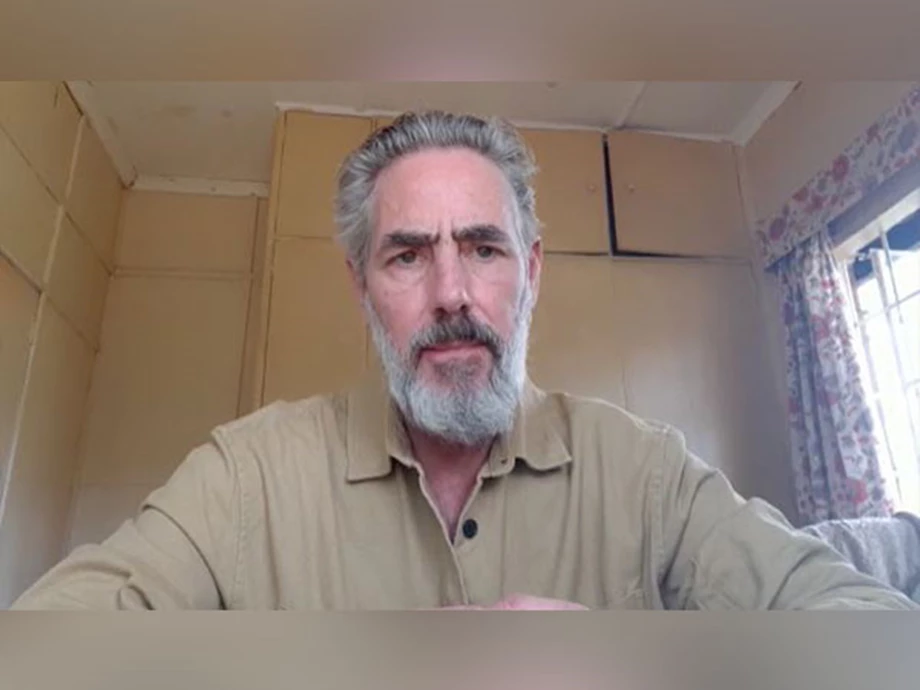By Ayushi Agarwal Following a decision by the Taliban regime to ban women from working at non-governmental organisations, four major international aid groups suspended their operations in Afghanistan on Sunday.
Neil Turner, country director, Norwegian Refugee Council for Afghanistan, while calling the ban ‘temporary’, said it “can, unfortunately, have a high impact”. He also called on the Taliban to keep the promises it made, particularly with regard to girls’ education and in terms of the right of women to be able to work.
“Norwegian Refugee Council has made the decision to suspend the operations in Afghanistan because the Taliban have introduced a ban on female staff working for international organisations. We have been forced to do this on principle because women should be allowed to work but also practical because we cannot work or we cannot access the women who need our assistance unless we have female colleagues working with us”, Turner said in an interview with ANI. “The ban is temporary and unfortunately the impact will be extremely high because all assistance is now suspended and we hope that this will be resolved very soon. The Taliban, over the years, have made promises in relation to women’s rights and we want them to respect those promises, particularly in relation to girls’ education and now in terms of the right of women to be able to work,” he added.
Save the Children, the International Rescue Committee, the Norwegian Refugee Council and CARE have been providing healthcare, education, child protection and nutrition services and support amid the rapidly deteriorating humanitarian situation in the country. The NGO ban was introduced a day earlier, allegedly because women weren’t wearing the Islamic headscarf correctly. Further, expressing concern over the financial situation of the female staff, Turner hoped the ban would be removed to help Afghanistan, which is already mired in a humanitarian crisis.
“We respect the culture in which we work and women staff are very aware of how they should be dressed and how they should operate. They work all over Afghanistan in many different conditions. We are very concerned about the professional and financial situation of the staff who work for us and particularly those women who are not only supporting their families but their extended families and we will be doing everything we can to support them during what we hope will be a temporary ban. We are very looking forward to this ban being removed so that we can get back to do the work that we do best in terms of supporting the dire situation in the Afghan country,” said Turner. Top US officials, including Secretary of State Antony Blinken and the Charge d’affaires to Afghanistan, Karen Decker, also condemned the move. Decker, tweeting in Dari on Sunday, said, “As a representative of the largest donor of humanitarian assistance to Afghanistan, I feel I have the right to an explanation of how the Taliban intends to prevent women and children from starving when women are no longer permitted to distribute assistance to other women and children.”
The ban order comes days after the Taliban banned female students from attending universities across the country, triggering backlash overseas and demonstrations in major Afghan cities.

